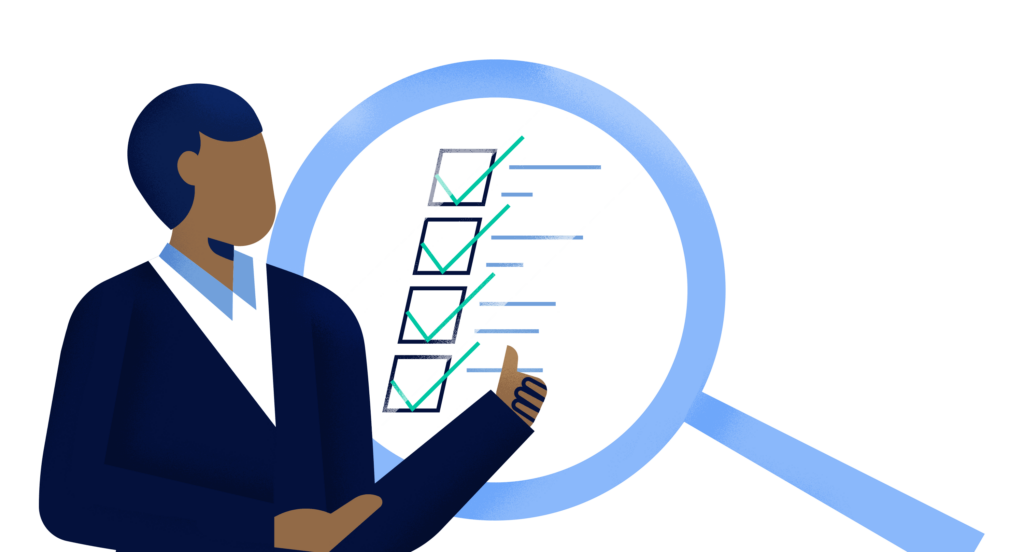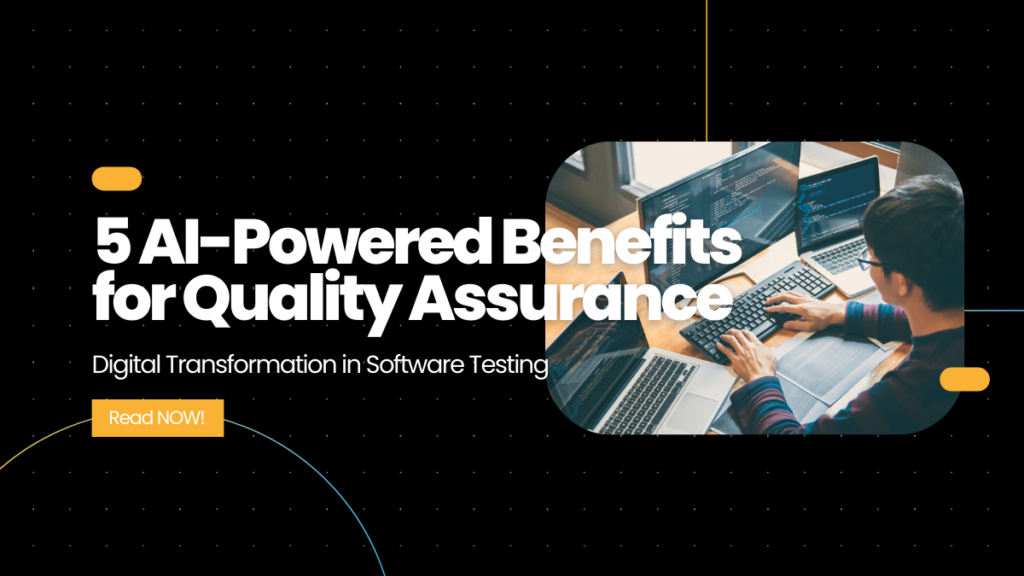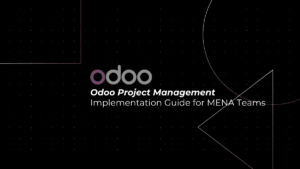Table of Contents
ToggleTable of Contents
- Introduction: Embracing AI in Software Testing
- Understanding Digital Transformation in Software Testing
- The Evolution of AI in Quality Assurance
- 5 Key Benefits of AI-Driven Testing
- Implementing AI in Software Testing
- Challenges and Solutions
- The Future of Software Testing
- Conclusion
- Call to Action
Introduction: Embracing AI in Software Testing
The digital revolution is reshaping how software is tested. With the integration of artificial intelligence (AI), businesses can now harness smarter, more efficient testing processes that dramatically improve software quality, speed, and scalability. In this guide, we’ll explore how AI is transforming software testing and the key benefits that businesses can leverage through intelligent quality assurance (QA) practices.
Understanding Digital Transformation in Software Testing

The Paradigm Shift
Digital transformation in software testing is driving a fundamental shift from traditional manual processes to automated, AI-powered solutions. The integration of AI allows organizations to:
- Automate complex testing scenarios
- Enhance test coverage and precision
- Speed up the development lifecycle
- Improve software reliability and performance
Historical Context
Historically, software testing was manual, which led to:
- Time-consuming processes
- High chances of human error
- Limited scope and repeatability
AI is revolutionizing this by providing more accurate, efficient, and scalable testing approaches.
The Evolution of AI in Quality Assurance

What is AI-Driven Testing?
AI-driven testing uses machine learning algorithms and intelligent tools to:
- Generate test cases automatically
- Predict software defects before they occur
- Optimize testing strategies
- Offer deep performance insights
Key technologies driving AI-powered testing include:
- Machine Learning
- Natural Language Processing (NLP)
- Predictive Analytics
- Intelligent Automation
5 Key Benefits of AI-Driven Testing
1. Accelerated Testing Processes
AI significantly reduces testing cycles by:
- Automatically generating intelligent test scripts
- Executing complex testing scenarios rapidly
- Minimizing manual interventions
- Enabling continuous testing and real-time monitoring
2. Enhanced Test Coverage
AI allows for:
- Generation of comprehensive test scenarios, including edge cases
- Simulation of multiple user interactions
- Deeper software analysis that manual testing might miss
3. Resource Optimization
AI helps testing teams:
- Automate repetitive tasks, reducing workload
- Focus on more strategic testing challenges
- Allocate human expertise where it’s most needed, increasing overall productivity
4. Predictive Defect Analysis
AI-driven analytics can:
- Identify potential defects early
- Assess risks and vulnerabilities
- Enable proactive quality management with targeted testing strategies
5. Continuous Performance Monitoring
AI tools allow for:
- Real-time performance insights
- Automatic anomaly detection
- Scalability assessments and comprehensive system health monitoring
Implementing AI in Software Testing
Strategic Implementation Steps
- Assessment: Evaluate your current testing processes and identify areas where AI can make an impact.
- Tool Selection: Choose AI-powered testing tools that align with your business needs.
- Data Preparation: Ensure you have quality training datasets to feed AI models.
- Team Training: Upskill your testing professionals to effectively use AI tools.
- Phased Rollout: Implement AI-driven testing gradually to ensure smooth integration.
- Continuous Improvement: Monitor results, refine strategies, and scale up AI capabilities.

Recommended AI Testing Tools
- Selenium with AI Capabilities
- Applitools
- TestComplete
- Functionize
- Perfecto
Challenges and Solutions
Common Implementation Challenges
- Initial investment costs: AI tools may have high upfront costs, but the ROI in the form of efficiency gains is significant.
- Technical complexity: AI implementation may require specialized knowledge, but proper training and expert guidance can overcome this.
- Skill gap: Upskilling testing teams is essential to fully leverage AI capabilities.
- Integration difficulties: Collaborate with AI testing experts to ensure seamless integration with existing systems.
Mitigation Strategies
- Offer comprehensive training programs for your teams.
- Implement AI in phases to ensure proper adaptation.
- Partner with AI testing experts for smoother integration.
- Foster a culture of continuous learning and innovation.
The Future of Software Testing
Emerging Trends
- Hyper-automation: Integrating AI into the automation process for faster and more accurate testing.
- AI-powered test generation: AI will continue to generate test cases intelligently, learning from previous outcomes.
- Self-healing testing frameworks: AI-powered frameworks that can automatically adjust and correct tests as software changes.
- Intelligent test optimization: AI-driven testing that evolves to find the most efficient testing strategies.
- Predictive quality management: Proactively ensuring quality throughout the software lifecycle.
Technological Convergence
The future of software testing will involve:
- Deeper AI integration
- More intelligent testing ecosystems
- Enhanced predictive capabilities and seamless automation
Conclusion
Digital transformation through AI is not just a technological upgrade but a strategic imperative for modern software testing. By embracing AI-driven methodologies, businesses can achieve unprecedented levels of software quality, efficiency, and reliability, while reducing testing time and enhancing customer satisfaction.
Ready to transform your software testing approach? Contact PyramidBITS today for a comprehensive AI testing consultation and ensure your software quality meets the highest standards.




